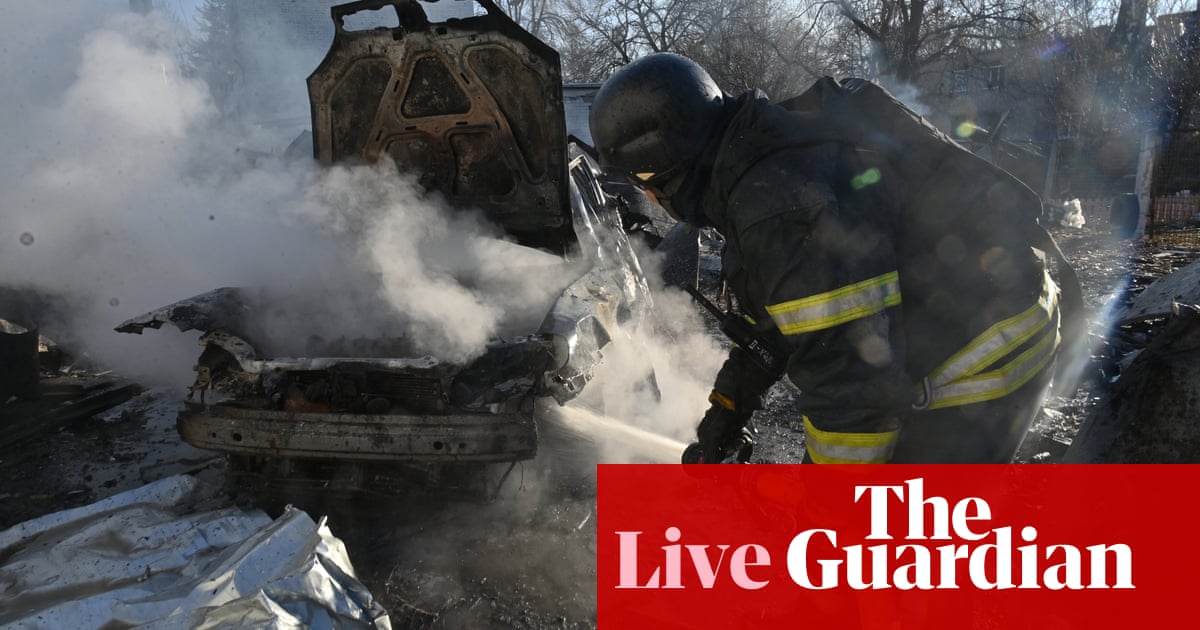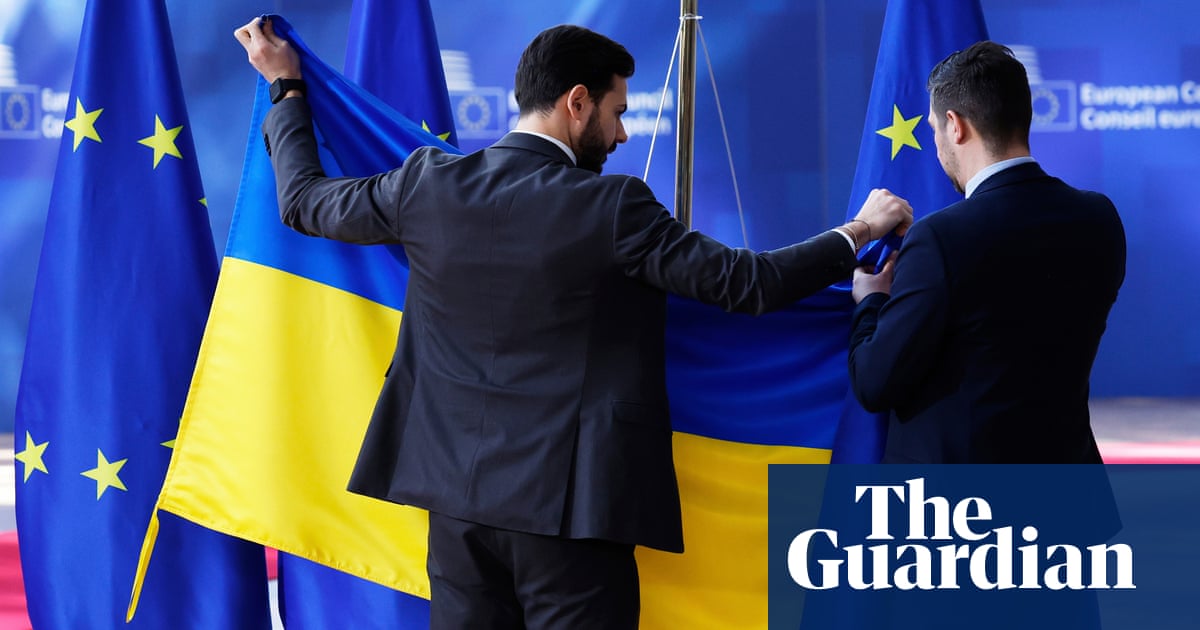Germany’s AfD and extremist allies set up second EU parliament far-right group

Germany’s Alternative für Deutschland has joined forces with extremist parties from France and central and eastern Europe to create a second far-right group in the European parliament.
The Europe of Sovereign Nations group will be the smallest in the European parliament, with only 25 MEPs from eight countries, just above the threshold to form a group.
It could prove more extreme than Patriots for Europe, the larger far-right group formed on Monday that unites Viktor Orbán’s Fidesz MEPs and Marine Le Pen’s National Rally.
The new group is dominated by the AfD with 14 MEPs, with members from Poland’s Confederation party, Bulgaria’s pro-Kremlin Revival party and the Czech Freedom and Direct Democracy party , which once urged voters to walk pigs near mosques and not eat kebabs. It includes France’s Reconqûete, the party founded by the TV pundit Éric Zemmour, who has convictions for inciting racial hatred.
Before last month’s European parliament elections, the AfD was kicked out of a previous far-right group that included National Rally, as it was judged too extreme by Le Pen, who has spent years trying to normalise the image of her party while retaining its core anti-immigration message.
She said it was urgent to establish a cordon sanitaire, after the AfD lead candidate, Maximilian Krah, said members of the SS, the Nazi’s main paramilitary force, were “not all criminals”.
Despite the furore, the AfD won 15 seats in the European elections, pushing the governing Social Democrat party into third place. But it risked being politically homeless in the new parliament – and losing out on funds – unless it was able to form a political group.
That appeared to have been resolved on Wednesday when the AfD’s European parliament chair, René Aust, announced the party had managed to find a new parliamentary group. “After just a few weeks in the EU Parliament, we have managed to find new partners. We are looking forward to the next five years of working together!” he wrote on X.
Tomio Okamura, the Freedom and Direct Democracy party leader, who co-founded the group, set out its aims on X: “We will fight against the Green Deal, migration, the Islamisation of Europe and we want the return of powers from Brussels back to the national European states.”
It was “crucial” that the group included the AfD, Okamura added, “since it is Germany that governs the entire European Union”, voicing a familiar Eurosceptic trope.
While European parliament groups could fluctuate before the official opening of the assembly in Strasbourg next week, the rightward shift is clear. The centre-right European People’s party remains the largest force, with three alliances further to its right – the far-right groups and the European Conservatives and Reformists (ECR) led by the Italian prime minister, Giorgia Meloni.
The far-right groups will vote against the appointment of Ursula von der Leyen as European Commission president next Thursday, but the ECR is split. Within the ECR, Poland’s Law and Justice party will vote against her, but the Czech governing Civic Democratic party supports a second term for the incumbent commission president. Meloni abstained on von der Leyen’s appointment at an EU leaders’ meeting, leaving a question mark over how her Brothers of Italy MEPs will vote.
Related
Zelenskyy reiterates call for air truce after huge Russian attack…
We need Russia to stop attacks, Zelenskyy says, backing calls for truce in air, at seaUkrainian president Volodymyr Zelenskyy has responded to overnight attacks
Europe scrambles to rearm as Trump threatens security guarantees and…
CNN — European leaders have vowed to rearm the continent at historic emergency talks h
Russia launches ‘massive’ attack on Ukraine after Europe rushes to…
Ukraine's energy and gas infrastructure came "under massive missile and drone shelling" by Russia on Friday, a Ukrainian minister said."The energy and gas infra
American severance may be averted, but Europe’s leaders must fear…
With a mixture of regret, laced with incredulity, European leaders gathered in Brussels to marshal their forces for a power struggle not with Russia, but with t












